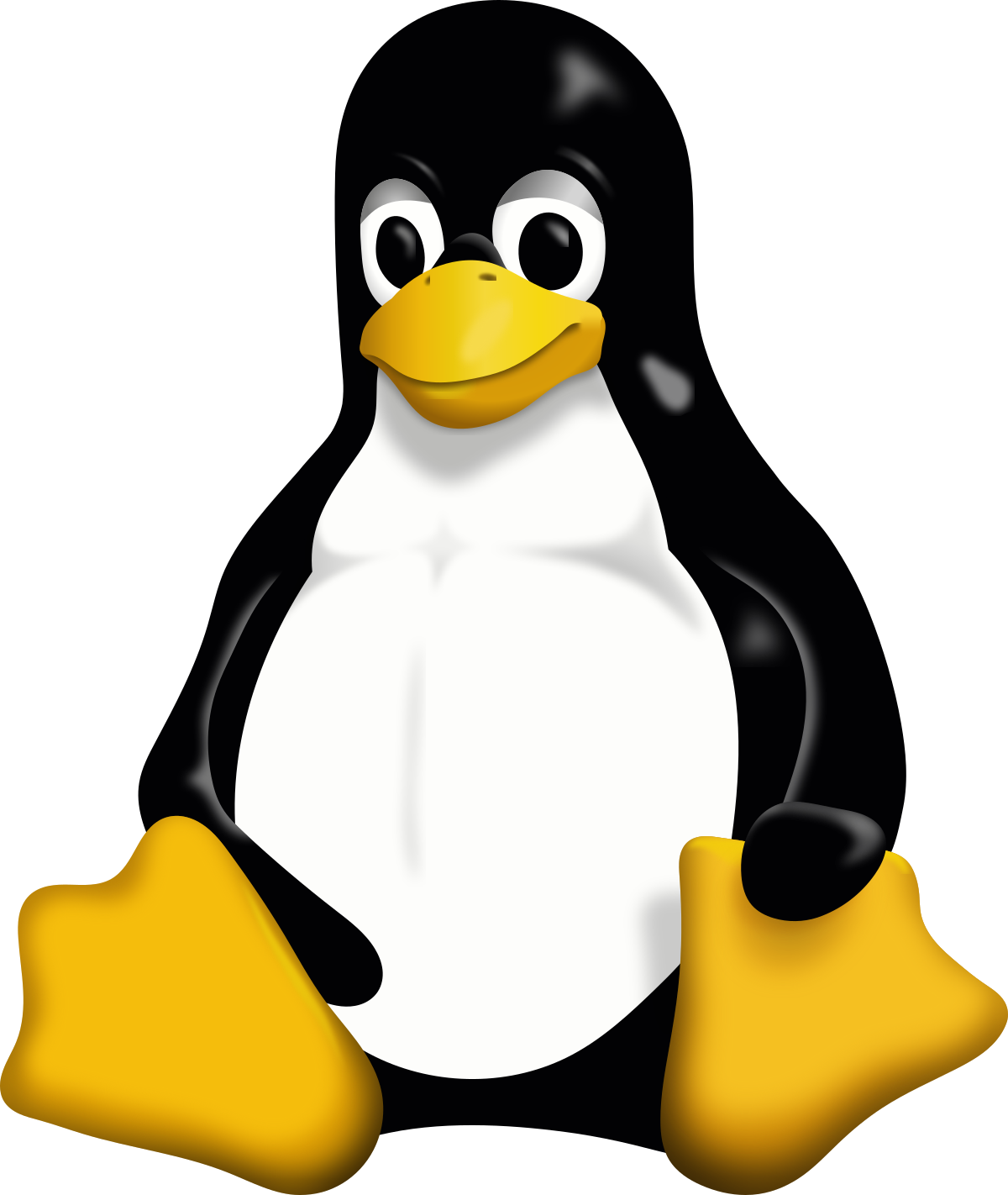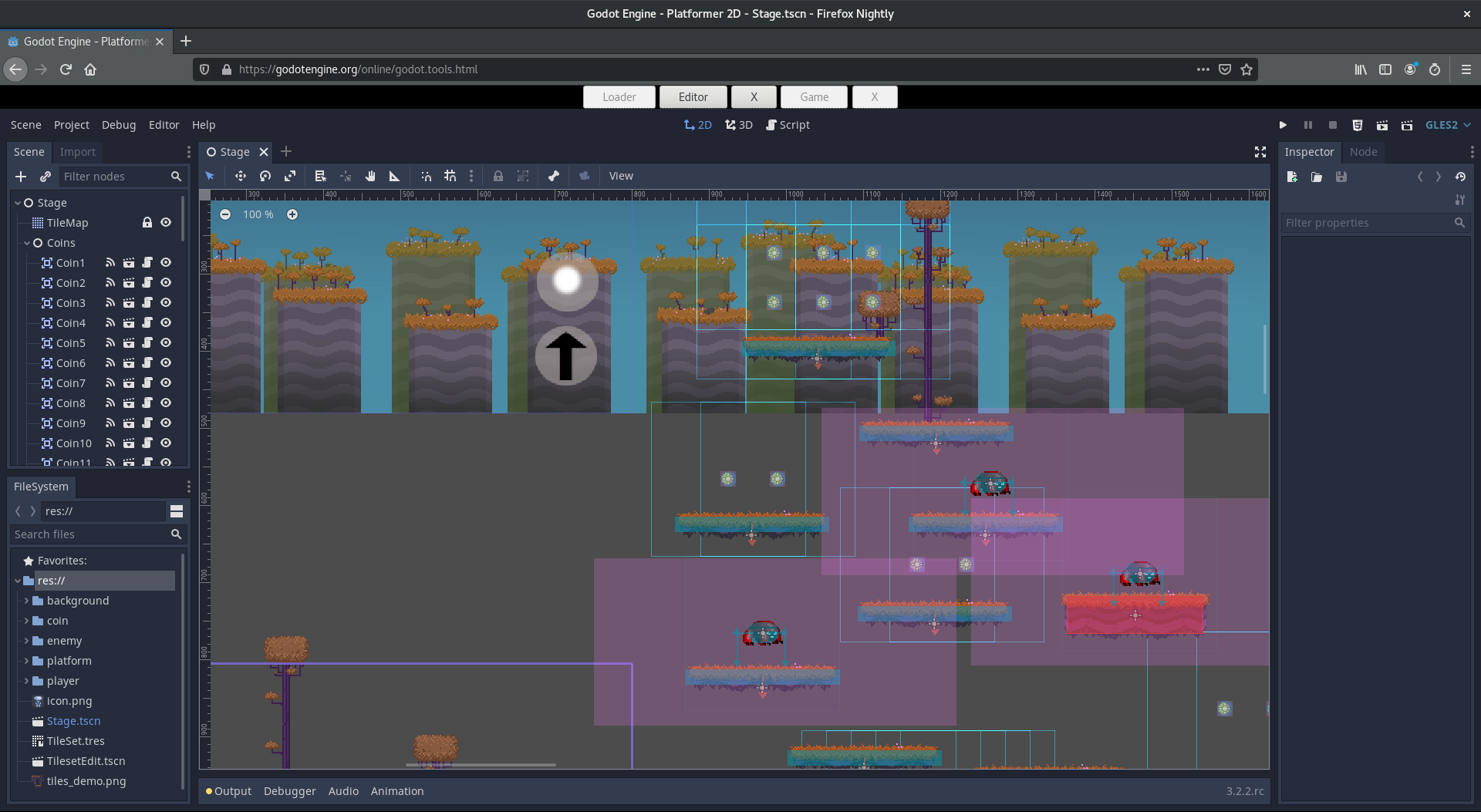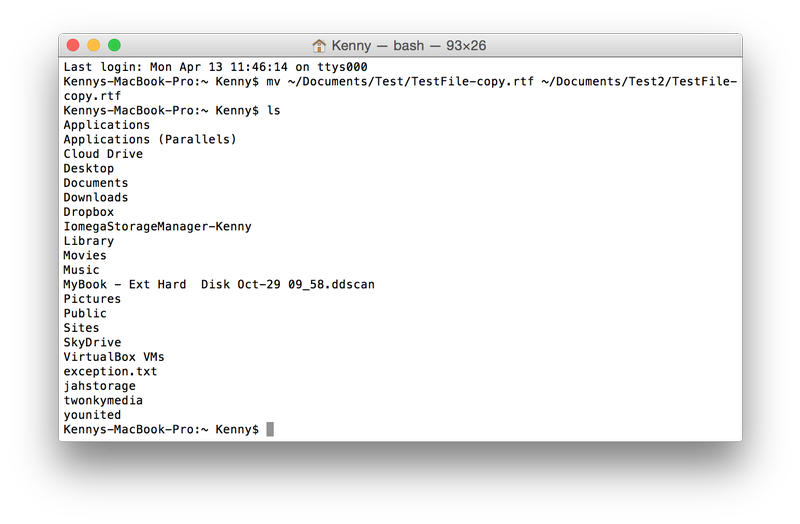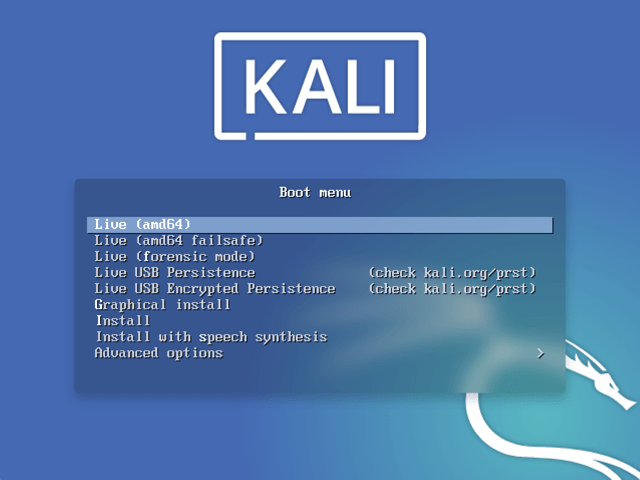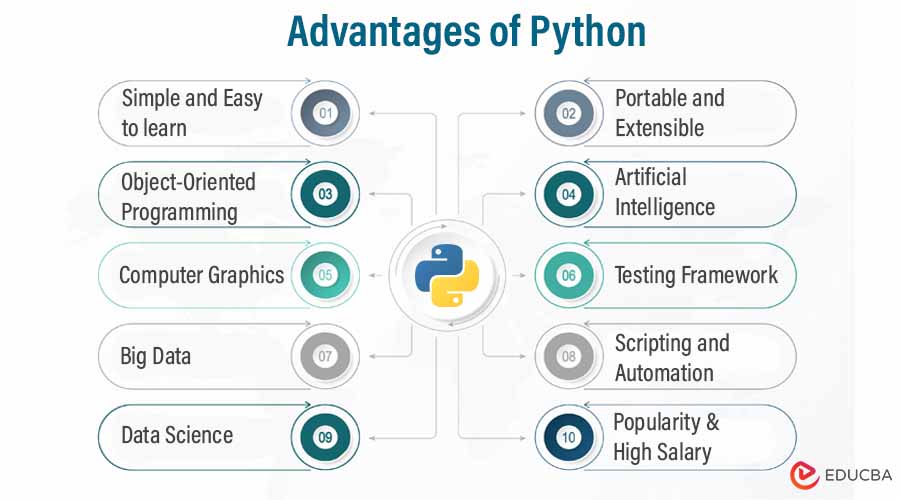Linux is a family of open-source operating systems that are based on the Linux kernel.
The Linux kernel is a free and open-source operating system kernel that was first released in 1991 by Linus Torvalds.
The kernel is responsible for managing the system’s resources, such as the CPU, memory, and storage. It also provides a set of system calls that allow applications to interact with the kernel.
There are many different distributions of Linux, each with its own unique set of features and applications. Some of the most popular distributions include Ubuntu, Red Hat Enterprise Linux, and Debian. It is a great choice for servers, workstations, and embedded systems.
Some of the advantages and benefits of Linux are:
Freedom: Linux is free to use, modify, and distribute, which gives users more control and flexibility over their computing experience. Users can choose from hundreds of Linux distributions, each with its features, applications, and settings. Users can also customize Linux to suit their preferences and needs.
Security: Linux is generally more secure than other operating systems, as it has fewer vulnerabilities and malware attacks. Linux also has a strong community of developers and users who constantly update and improve the system, fixing bugs and adding new features.
Performance: Linux is fast, stable, and efficient, as it uses fewer resources and runs smoothly on various types of hardware. Linux can handle multiple tasks and users without slowing down or crashing. Linux also has a powerful command-line interface that allows users to perform complex operations with simple commands.
Compatibility: Linux can run on almost any device, from personal computers to servers, smartphones, tablets, embedded systems, and more. Linux also supports a wide range of file systems, protocols, and standards, making it easy to interact with other systems and devices.
Linux can also run many Windows applications using compatibility layers such as Wine or virtual machines such as VirtualBox.
Variety: Linux offers a rich and diverse selection of software for various purposes, such as office suites, web browsers, graphics editors, media players, games, and more. Most of this software is free and open-source, which means users can access the source code and modify it as they wish.
Users can also install multiple software packages using package managers that simplify the installation and update process.
These are some of the reasons why many people prefer Linux over other operating systems. If you want to try Linux yourself, you can download Ubuntu Desktop2, which is one of the most popular and user-friendly Linux distributions.
You can either replace your current operating system with Ubuntu or run it alongside it. You can also use Ubuntu in virtual machines or on Windows Subsystem for Linux if you want to test it without affecting your existing system.
About Author
Discover more from SURFCLOUD TECHNOLOGY
Subscribe to get the latest posts sent to your email.
